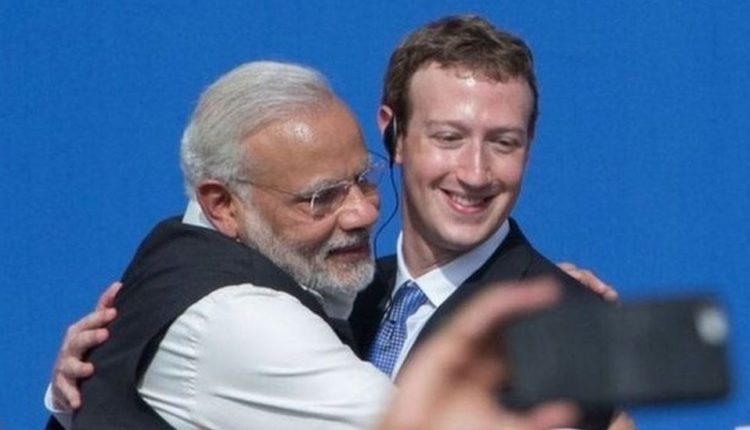“I’ve seen more images of dead people in the past three weeks than I’ve seen in my entire life,” a Facebook researcher in India wrote in 2019 after following recommendations by the social network’s algorithms for three weeks.
The researcher’s report was part of a cache of internal documents called The Facebook Papers, recently obtained by New York Times and other US publications. They show the social media giant struggling to tame the avalanche of fake news, hate speech, and inflammatory content -“celebrations of violence”, among other things – out of India, the network’s biggest market.
This was made worse, reported the New York Times, by failure to deploy enough resources in India’s 22 officially recognised languages and a lack of cultural sensitivity.
A Facebook spokesperson told me that the findings had led the company to undertake a “deeper, more rigorous analysis” of its recommendation systems in India and contributed to “product changes to improve them”.
So, is a lack of resources hobbling efforts by Facebook to fight fake news and inflammatory material in India? Facebook has partnered locally with 10 fact-checking organisations. Items flagged across the social network are fact-checked in English and 11 other Indian languages, making it one of the largest networks after the US.
But the reality is more complex. Fact-checking organisations working with Facebook in India say they cross-check and tag suspicious news and posts flagged by users. The network is then expected to suppress the distribution of such posts.
“We really do not have any moral or legal authority on what Facebook does after we tag a news or a post,” a senior official of a fact-checking organisation told me.
Also, fact-checking is only one part of Facebook’s efforts at countering misinformation. The problem in India is much bigger: hate speech is rife, bots and fake accounts linked to India’s political parties and leaders abound, and user pages and large groups brim with inflammatory material targeting Muslims and other minorities. Disinformation is an organised and carefully mined operation here. Elections and “events” like natural calamities and the coronavirus pandemic usually trigger fake news outbreaks.
Also, the fact that Facebook does not fact check opinion and speech posted by politicians on grounds of “free expression and respect for the democratic process” is not always helpful. “A large part of the misinformation on social media in India is generated by politicians of the ruling party. They have the largest clout, but Facebook doesn’t fact-check them,” says Pratik Sinha, co-founder of Alt News, an independent fact-checking site.
So, the latest revelations do not come as a surprise to most fact-checkers and rights activists in India. “We have known this all along. No social media platform is above blame,” says Mr Sinha.
With a surfeit of hate speech, trolling and attacks on minorities and women, Indian Twitter is a polarised and dark place. WhatsApp, the Facebook-owned messaging service, remains the largest carrier of fake news and hoaxes in its biggest market. YouTube, owned by Google, hosts a lot of fake news and controversial content, but doesn’t attract the same amount of attention. For example there were live videos, up to 12 hours long, on the site that fanned conspiracy theories about the death of Bollywood actor Sushant Singh Rajput last year. (The police later ruled that Rajput died by suicide.) BBC


Comments are closed.